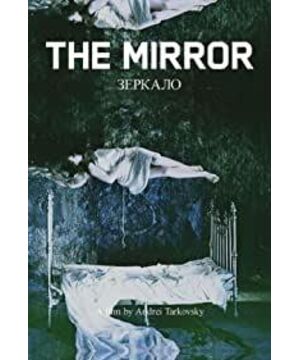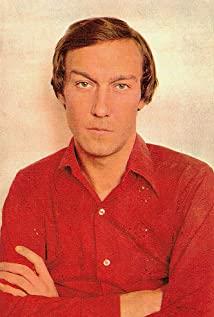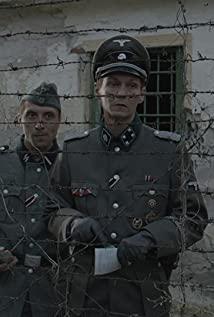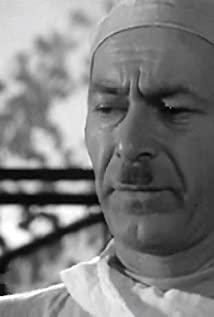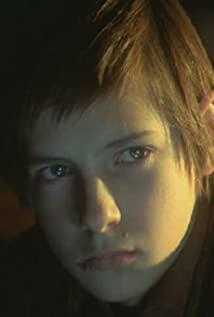Xiaoxiao's old rain mirror came, and Mu Xin said: "There is nothing new in history, and history will not be plagiarized. See Tarkovsky's "Sacrifice", "Mirror".
The cold night in Russia is long, when the rosy dawn stretches out its fingers, the Russians are thinking desperately under this soil, the Russians have roots, the barren soil is fertilized by sucking, and the mountains grow like trees, trees. Like leaves grow on it, and Russia also has a sun that is unique to the earth.
The sun fears the forest with the desert, and dominates the high-flying animals.
In the story of this life, Buddha sacrificed several times, the practice of Theravada, the sacrifice of Isaac in the story of the Old Testament, the suffering of this nation. Some people say: Human beings are inherently dead, or they are heavier than Mount Tai, or as light as a feather. Thirty years after the voice fell, that son died on the cross. Mu Xin said: If 99 people carry the cross, the one who retreats must be Christ.
Death is not certain to be his sacrifice. A stranger who has no father, no mother, no brothers and no sisters, does not know the meaning of friends, and does not know where the motherland is. Such a person will die for the entire human race. He seemed to feel guilty for the Russians.
That "Ukrainian" writer, Dostoevsky, was almost executed by Russia before he was forty years old, and before the age of forty, Dostoy was like a dead tree that had been watered with a bucket for forty years.
Tarkovsky's film, sucking the soil of Russia, "sometimes language is pale" (Tower's "Mirror"), and the film needs language so much. If the film reaches the peak of art, there must be Russia, Tarkovsky likes to use Fincher's paintings to transition, and Bach one after another. A nation without great painters, great musicians, whose greatness is buried deep in literature is enough, and God is fair. In the tower's film, Russian literature is asking questions, and the tower's lens makes the threshold of the film dignified.
The language of the lens is as rich as the unique kiwi in Finch's paintings. The fire in the Caucasus is the symbol of Ta's movies (Buddhism often uses the fire house as an analogy). In "Sacrifice", the Ta's made the protagonist of the burning house wear Lao Tzu's praise clothes. "Mirror" is a masterpiece. The heroine Maria sits on the wooden fence. The camera is as timeless as the Venus of Minos. The heroine washes her hair and the mirror is the birth of the god of love. The mirror, outside the old woman in the mirror, resembles the dark background of the Mona Lisa.
The red hands cuddled the flames, and the flames simmered the war.
View more about Mirror reviews


